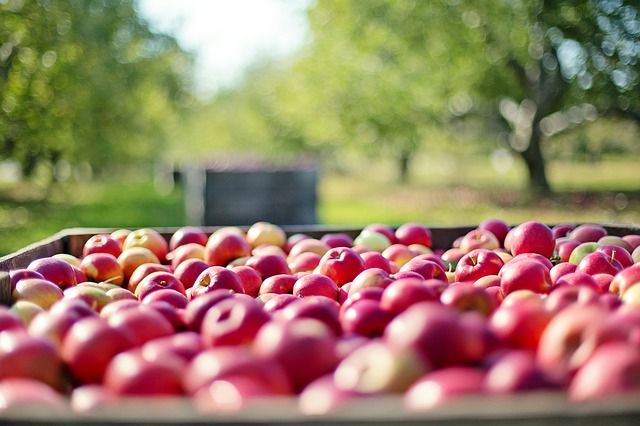Friday news roundup March 29, 2019

Prison inmates in Finland are training AI algorithms as part of prison labor. For the last three months inmates at two prisons in Finland, one in Helsinki and one in Turku, have been classifying data to train artificial intelligence (AI) algorithms for a startup called Vainu. Vainu supplied the prisons with ten computers and pays the Criminal Sanctions Agency (CSA) for each task the prisoners complete. The CSA then decide how much is paid to the prisoners. The CSA is also responsible for selecting the inmates who do the data classification. Vainu sees the partnership as a kind of prison reform that teaches valuable skills; the CSA sees the program as helping to develop work activities for prisoners that match “the requirements of modern working life.” Those who oppose the scheme believe it plays into the exploitative economics of prisoners being required to work for very low wages.
NASA cancelled its first all-female spacewalk. The US space agency announced on Monday that today’s planned two-woman mission had fallen through at least in part because there aren’t enough spacesuits that fit the astronauts on the International Space Station. Anne McClain, who had trained in two sizes of suit, realized after a spacewalk last week that she would in fact require the same size as her colleague, Christina Koch, and two suits are just not available in that size. McClain will be replaced by a male colleague. “In this case, it’s easier (and faster!) to change space-walkers than reconfigure the spacesuit,” said NASA spokeswoman, Stephanie Schierholz.
Scandinavia may not actually be the happiest place on the planet. New research finds that people living in parts of southern Europe have higher mental well-being than those living in the north. The Nordic countries are consistently ranked as the happiest in the world according to World Happiness Reports. Finland was recently named as the world’s happiest country, with Denmark, Norway, Iceland, and the Netherlands following closely behind. The new study asked to what extent a person felt good (relaxed, optimistic, or energetic) and functioned well (were able to think clearly, deal with problems, and socialize) over the past two weeks. Applying the resulting scale to Denmark and comparing the numbers with people living in Iceland, Catalonia, and England, the researchers found that people in Catalonia scored considerably higher on mental well-being than people in all three northern European countries. The researchers feel that “people should not only look to the Nordic countries for guidance. Asking the right questions could enable a better understanding of what drives positive mental health, and how it can be promoted.”
A future in which hyper-specialized robots help feed the human race is getting closer. An apple-picking robot that relies on lidar to navigate between rows of trees and images fruit with machine vision to determine their ripeness has been picking apples on a New Zealand orchard. Developed by Abundant Robotics, the machine uses a vacuum tube to suck any ripe fruit it recognizes off the tree. The apple then lands on a conveyor, which passes it into a bin. Mechanization in this way removes a lot of the heavy work required in apple picking from humans, allowing them to take a more supervisory role. A robot can also work 24 hours a day. The agricultural industry is struggling from a deficit in human labor, so robots could be vital when it comes to feeding more people efficiently on a changing planet.
Read IZA World of labor articles on innovation and happiness.